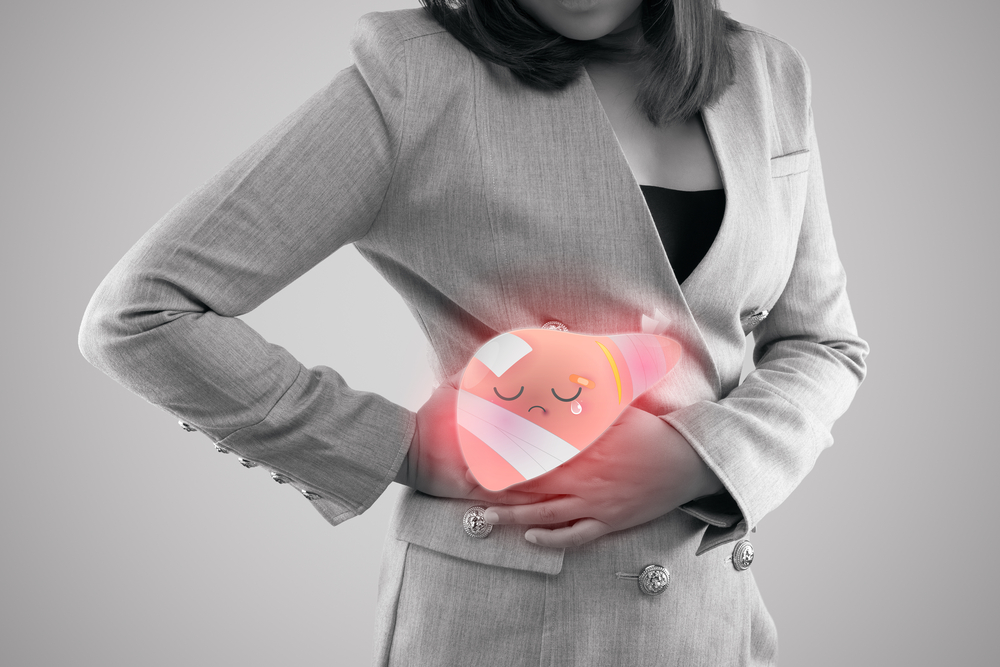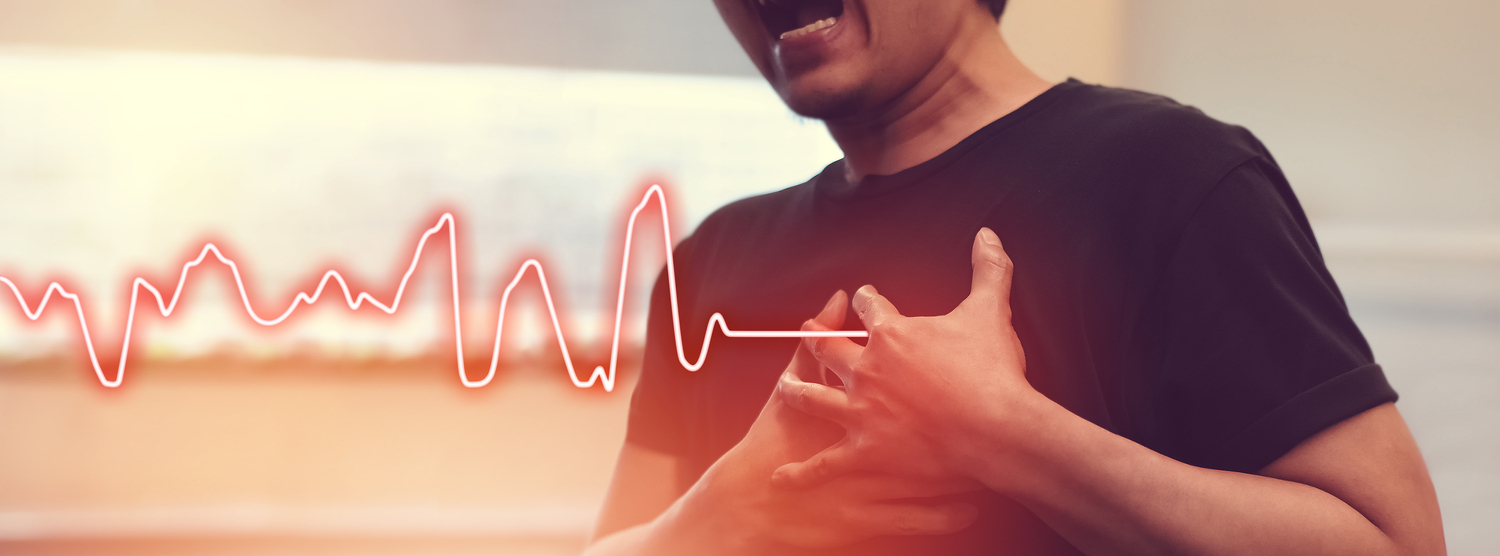Vitamin D Deficiency: Causes, Symptoms & Treatment
Written By: Dr. Mansi Joneja
Updated On:February 15, 2024

What is Vitamin D Deficiency?
Lack of vitamin D in your body is referred to as vitamin D deficiency. Your bones and muscles are the main organs affected. Your body requires vitamin D in order to maintain and develop your bones normally. Your nervous system, musculoskeletal system, and immunological system are all impacted by vitamin D.
There are several ways to receive vitamin D, including:
- Sun exposure, albeit elderly persons and those with darker skin may not obtain enough vitamin D from sunlight. Your geographic location could also limit your ability to receive enough vitamin D from sunlight.
- The food or dietary supplements you consume
Causes of Vitamin D Deficiency
In general, there are two basic reasons why people lack vitamin D:
- Not consuming enough vitamin D through food or sunlight.
- Vitamin D is not being utilized or absorbed correctly by your body.
Vitamin D insufficiency has a number of distinct reasons, including:
- certain health concerns
- surgery to lose weight
- certain medicines
Your chance of acquiring vitamin D insufficiency can also be increased by a number of different biological and environmental factors, such as getting older and having more melanin (pigment) in your skin.
Medical Condition that Cause Vitamin D Deficiency:
The following medical problems can result in a lack of vitamin D:
- Cystic fibrosis, Crohn's disease, and celiac disease: If left untreated, these illnesses can hinder your intestines from properly absorbing enough vitamin D from supplements.
- Obesity: Lower vitamin D levels are linked to a body mass index above 30. Vitamin D is kept sequestered in fat cells so that it cannot be released. Vitamin D supplementation in higher doses is frequently necessary for obese people to achieve and maintain normal levels.
- Kidney and liver disease: The liver enzyme 25-hydroxylase from your liver and the kidney enzyme 1-alpha-hydroxylase that your body requires to convert vitamin D into a form it can utilize are both decreased by kidney and liver diseases. Both of these enzymes must be present for your body to have enough active vitamin D.
If you undergo weight loss surgery, you might be at risk of struggling with vitamin D deficiency. The ability of your body to absorb enough of several nutrients, vitamins, and minerals is hampered by weight-loss procedures like gastric bypass surgery that reduce the size of your stomach and/or bypass a portion of your small intestine. It's crucial to visit your doctor frequently if you've undergone weight-loss surgery so they can check your vitamin D and other essential levels. Throughout your life, you'll probably need to take supplements like vitamin D.
Drugs and Medications that Lower Vitamin D Levels:
Finally, Vitamin D levels can be decreased by a number of drugs, including:
- Laxatives
- Steroids
- Low-cholesterol medications
- Medications that prevent seizures
- Rifampin (a tuberculosis medication)
- Orlistat (a weight-loss medication)
Always inform your doctor about your prescriptions, dietary supplements, and/or herbal remedies.
Symptoms of Vitamin D Deficiency
Mild vitamin deficiencies in children may just cause their muscles to be weak, uncomfortable, or painful.
However, rickets develops in youngsters who severely lack vitamin D. Rickets symptoms include the following:
- Bowed or bent bones that cause improper growth patterns
- Muscular lassitude
- Bone ache
- Alterations to joints
In adults, vitamin D deficiency is less noticeable. Some warning signs and symptoms include the following:
- Fatigue
- Bone ache
- Weakness, pains, or cramps in the muscles
- Changes in mood
You could not exhibit any symptoms or signs of a vitamin D deficiency, though.
When to see a doctor for Vitamin D Deficiency?
Speak with your healthcare provider if you have questions about your vitamin D intake or how well your body is utilizing it. Your healthcare practitioner might advise routinely monitoring your vitamin D levels to make sure they're within a safe range if you have risk factors for vitamin D deficiency.
Vitamin D Deficiency Risk Factors
Anybody, including infants, toddlers, and adults, can be vitamin D deficient. A person's risk of vitamin D deficiency is enhanced by biological and environmental variables in addition to medical diseases that can cause it. These factors include:
- Age: As your skin's capacity to produce vitamin D declines with time, those over 65 are particularly at risk for developing a vitamin D deficit. Moreover, infants run the danger of not getting enough vitamin D. Because breast milk only contains a little quantity of vitamin D, this is especially true for newborns who are exclusively fed it.
- Skin tone: Those with darker skin have a higher risk of vitamin D deficiency because dark skin has a harder time producing vitamin D from sunshine than light skin.
- Mobility: Sun exposure cannot be used as a source of vitamin D for persons who are housebound or rarely venture outside (such as residents of nursing homes and other facilities). As a result, they are more susceptible to vitamin D insufficiency.
Vitamin D Deficiency Complications
The following are the most severe complications of vitamin D deficiency:
- Low levels of blood calcium
- Low levels of blood phosphate
- Rickets
- Osteomalacia
These conditions are curable. Although rickets is a disease that can be treated and is frequently curable, it is crucial to act quickly. Milder cases of rickets can cause long-term bone damage if left untreated, which can prevent bones from developing normally. Seizures, heart damage, and death can result from severe cases that are not addressed.
Vitamin D Deficiency Diagnosis
Normal regular checks of vitamin D levels are uncommon, but if you have specific medical disorders, risk factors for vitamin D insufficiency, or symptoms of it, your healthcare practitioner may recommend a check of your levels.
For a blood test to determine your vitamin D levels, ask your doctor. They might request one of two different tests, but the 25(OH)D, or hydroxyvitamin D, test is the most typical.
Vitamin D Deficiency Treatment
Reaching and then maintaining a sufficient amount of vitamin D in your body are the objectives of both treatment and prevention for vitamin D deficiency.
Your doctor would probably advise taking vitamin D pills even if you might think about increasing your intake of foods rich in vitamin D and receiving more sunlight.
There are two types of vitamin D: D2 and D3. Plants provide ergocalciferol, or vitamin D2. Animals provide cholecalciferol, or vitamin D3. To purchase D2, you need a prescription. But, D3 can be purchased over the counter. D3 is easier for your body to absorb than D2.
Consult your doctor to determine whether you require a vitamin supplement and, if so, how much to take.
Vitamin D Deficiency Prevention
Getting adequate vitamin D from your diet and/or from sun exposure is the best strategy to avoid vitamin D deficiency. Your age determines how much vitamin D you need daily. However, it is noteworthy to mention that you need to avoid spending too much time outdoors without sunscreen. The chance of developing skin cancer increases if you spend too much time in the sun.
References
Amrein, K., Scherkl, M., Hoffmann, M., Neuwersch-Sommeregger, S., Köstenberger, M., Tmava Berisha, A., ... & Malle, O. (2020). Vitamin D deficiency 2.0: an update on the current status worldwide. European journal of clinical nutrition, 74(11), 1498-1513.
Holick, M. F. (2007). Vitamin D deficiency. New England journal of medicine, 357(3), 266-281.
Kennel, K. A., Drake, M. T., & Hurley, D. L. (2010, August). Vitamin D deficiency in adults: when to test and how to treat. In mayo clinic proceedings (Vol. 85, No. 8, pp. 752-758). Elsevier.
Pearce, S. H., & Cheetham, T. D. (2010). Diagnosis and management of vitamin D deficiency. Bmj, 340.
Prentice, A. (2008). Vitamin D deficiency: a global perspective. Nutrition reviews, 66(suppl_2), S153-S164.
Meet our doctors from the Internal Medicine department













































